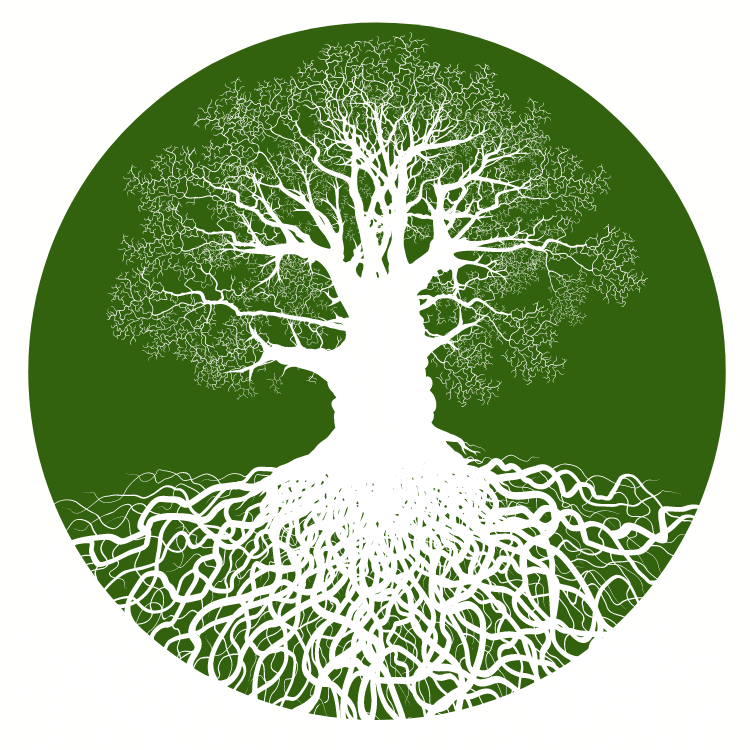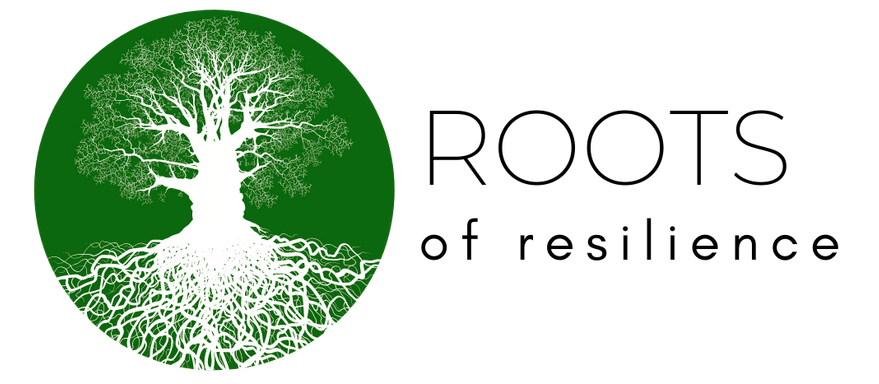Roots of Resilience is a project with the aim of offering high quality education for resilience to climate active citizens. For the last two years, it took the form of a partnership of people working with Pioneers of Change, Region im Wandel and The Ulex Project. Several activities of this partnership and the writing of this handbook, is co-funded by the Erasmus+ programme of the European Union. For more information on background, offers, and trainings; visit www.rootsofresilience.eu.
Funded by the European Union. Views and opinions expressed are however those of the author(s) only and do not necessarily reflect those of the European Union or the European Education and Culture Executive Agency (EACEA). Neither the European Union nor EACEA can be held responsible for them.
This handbook is written and informed by several years of exploration, organising and training work, of the individuals writing and the organisations providing resources. The Ulex Project has been working in this field for more than a decade and has developed, together with its many partners, a strong foundation that we are building on with the Roots of Resilience project. A lot of credit goes to them and their work on the Rooting Resilience PSR Training Manual by W4BW project.
This handbook is a collection assembling effective narratives, tools and methodologies in education for resilience – to make a comprehensive range of approaches accessible. It is, in a way, an introduction, while still trying to be comprehensive and provide depth where we.
Who is it for?
This handbook is designed for a broad spectrum of climate active citizens in Europe, encompassing various practices aimed at fostering collective power and agency. We use the term ‘climate active citizen’, or often ‘activist’ in the handbook, quite flexibly, allowing individuals to choose alternative descriptions that better align with their work. Although the primary focus is on Europe, it is acknowledged that adaptation is essential when applying this material to different geographic and socio-cultural contexts within the continent. The tools in this manual have been applied in a wide range of activist settings. Still, we want to recognise the limitations imposed by the perspectives, socialisation and position of the people writing it. The handbook is a work in progress and is expected to evolve as diverse groups engage with it, adapt it, and make it their own.
We’d love it if you left us some feedback via our feedback form or a comment here.

